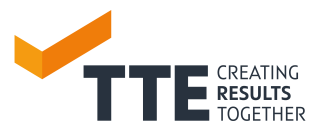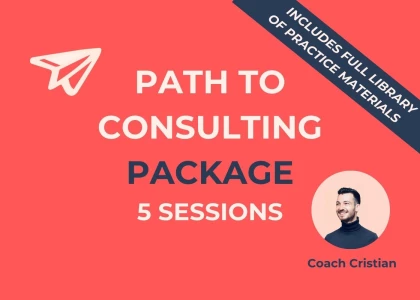Hello!
I am quite new to the world of case prep and have done around 10 cases with peers.
After completing these 10 cases and reading a lot of articles, I have come up with my way of answering the first question of a case (inspired by the articles I've read) which would either be an open one “How would you help the client” or closed as in “What factors would you analyze…” (usually McK style cases).
So my approach would be that for M&A, market entry, product launches, decisions of any kind I would ask the interviewer what the objective of an action X would be. In most cases so far the client was concerned with increasing their profit.
So, the structure I would now use would be: 1) Can our client increase his profit from entering this market/acquiring the company/launching the product, etc.. and then I'll go into explaining that we have to quantify Revenue and costs and then the subdrivers of revenue and costs. What usually then happens is that I get some data that I can work with.
I have battle tested this approach a couple of times and it worked well so far.
My questions, especially to experienced coaches, would be:
1) Would this approach be advisable for MBB interviews? The approach seems logical to me, but I am not sure if I can pass the interviews with this memorized framework as my gut tells me that one cannot pass the interviews with memorized structures.
2) If that approach is indeed useful I wonder what I would do if the objective would be for example “we want to launch product x to grow our brand”. In this case I wouldn't know what I would do with my approach.
3) In one of the cases I did with a friend, he pushed me to answer how exactly I would quantify the revenue of a merger target, which was a restaurant. I then responded that "we'd have to look into #of burgers sold and price per burger. This depends on the general market size of fast food - especially burgers. The feedback later from him was that MBB interviews only want to hear those factors i.e. market size, competitors, etc. and that I should not be explaining what revenue is or going into the objective of the client at all. What do you think?
4) If the approach doesn't make sense at all then why do people ask for the objective at the beginning of the case at all? I have watched some live case solves on youutbe and people would ask this question, but I never see them coming back to this objective at all.
Thank you very much in advance for the comments/help!
Best regards,
Patrick













